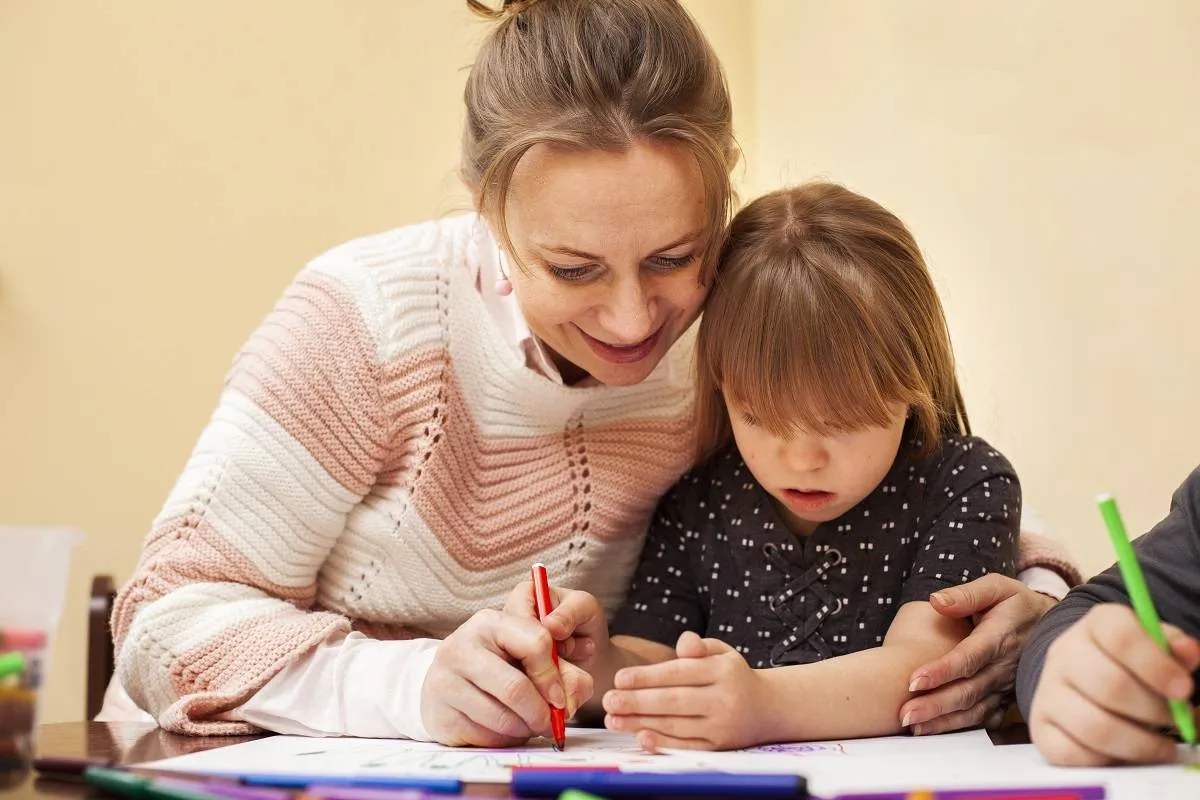
Learning disabilities can affect your child’s mental, social, emotional, and psychological health. Much of the shame that they feel may be associated with not being able to do as well as their peers. They may have difficulty keeping up, especially with activities like writing, reading, logical reasoning, or even just simply organizing their thoughts. But understanding how to support your child with a learning disability is certainly possible. There may not be a “cure”, but as the parent, you have the power to help your child overcome this and allow them to live a fruitful and meaningful life even until their adulthood.
Recognize Their Efforts
Having a learning disability doesn’t mean that your child isn’t good at anything. This just means that it takes a while before they process or understand information. But instead of focusing on their weaknesses, it’s important that you recognize what they’re good at, and the effort they’re exerting to get better in an activity.
For example, it will go a long way if you give your child words of encouragement whenever they’re learning how to read. Remind them of their hard work by rewarding them with simple treats like their favorite snacks or a few hours engaging in their favorite hobbies. Doing this can boost their confidence and inculcate a sense of self-belief that they can do anything with your love and support.
Become an Advocate for Them
Learning disabilities are highly complex and nuanced. Some people who don’t have this experience may be too quick to judge and react. As a parent, you may oftent just let these things go — but when you stand up for your child and become an advocate yourself, you’re making much more of a positive impact on them.
You can also be an advocate through your child’s education. Enrolling them in a school that has special programs for children like yours is one step. Talking to their teachers, for example, can also help them understand your child better and adjust their teaching to accommodate your child.
The challenge as a parent is being proactive. Become a bastion of inspiration for your child and for others who are like them. It’s also worth joining organizations or communities that are committed to raising awareness about these conditions.
Do Your Own Research
Of course, you may not be able to support your child in the best way if you yourself don’t have an understanding of what they’re going through. As such, it’s important that you also devote your time and effort to doing research and knowing more about your child’s disability.
If your child has dyslexia, for example, read up on fun activities that can make learning much more fun, like listening to audiobooks, reading to them their favorite stories, or playing memory word games.
There are tons of available resources online that can help you out. Use them to your advantage and learn as much of your child’s condition as you can — be it new learning techniques, programs, the medical aspect, and the like.
Listen to Them
Finally, you want to make sure that your child trusts you when they want to share their thoughts. Create a safe and healthy environment where they won’t be shamed for expressing their emotions or feelings.
When you adopt a dismissive tone or approach, this can give your child a sense that their feelings are shameful or invalid. This may cause even more emotional and mental stress on them, which can easily be avoided through simple listening.
Open yourself to what your child is saying. If they have trouble speaking, look out for social cues, such as when they approach you or try to show you something. Do this consistently and you may not only be able to listen to them better but also be more attuned to their needs and respond to them accordingly.
Key Takeaway
There is no single technique on how to support your child with a learning disability, but there are some things that you can do as a parent to show that you care for their growth and well-being.
One is by recognizing their efforts. Children that have these conditions are already struggling enough — knowing that they have your support may boost their confidence and continue to try harder.
Apart from that, it’s also important that you do your own research, listen to your child, and become an advocate for them. Show them that even though they may struggle with learning certain things, they’re not alone in overcoming them.






-logo.png)



